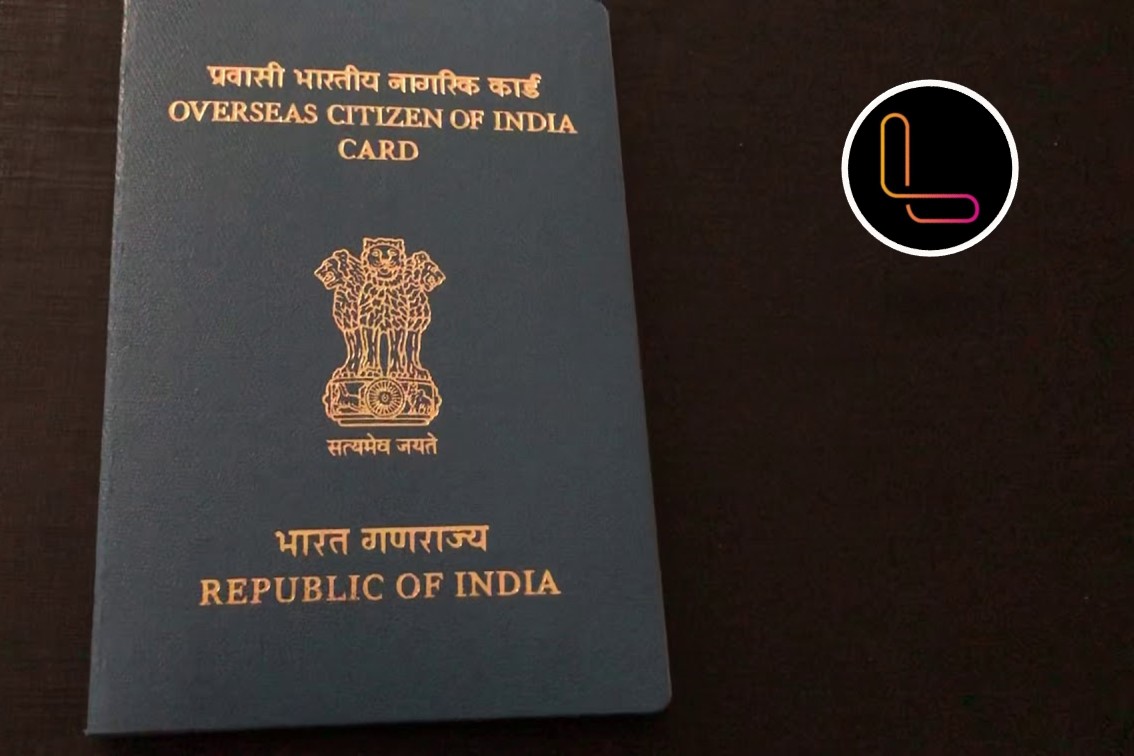
17/12/20 16:20 PM IST


What are the exceptions for OCI cardholder?
Exceptions for OCI cardholder
Note: Children who have an Indian passport are eligible once they reach age 18.
Why did Citizenship incorporate in our Constitution after so many years of independence?
After India got independence, two waves of immigration took place from west Pakistan to India: the first wave started from 1st March 1947 large numbers of Hindus and Sikhs arrived here and the second wave of immigration took place in 1948 when many Indian Muslims who had migrated to West Pakistan sought to return to India because of poor conditions. And this second wave created chaos in Delhi and other parts of India.
The Constituent Assembly considered Citizenship in two categories
And on behalf of that, the Citizenship Act, 1955 was inserted under part 2 of the Constitution.
It made the following provisions:
When an Indian origin person living in foreign can apply for the OCI card?
Eligibility to apply for this card are
Any person having citizenship of Bangladesh or Pakistan is not eligible to apply for the OCI card. Even a person having a background of serving any foreign military are also not eligible for the scheme.
And to become a citizen of India, the following are the eligibility:
According to the Citizenship Act, 1955 there are four ways to get the citizenship of India: a) Birth b) Descent c) Registration and d) Naturalisation.
By BirthAnyone can acquire citizenship if they are ordinarily a resident of India for 12 years (throughout 12 months preceding the date of application and 11 years in the aggregate) and fulfils other qualifications as stated in the Third Schedule of the Citizenship Act.
Where is Citizenship mentioned in the Constitution of India?
Under part 2 of the Constitution from article 5-11, the Indian Constitution deals with the Citizenship of India. It was implemented in 1955 as the 'Citizenship Act, 1955'.
Article 5: “every person” who has a domicile in the territory of India and who was born in the territory of India or, either of whose parents were born in the territory of India or, who has been ordinarily resident in the territory of India for not less than 5 years immediately preceding such commencement shall be a citizen of India.
Article 6: Rights of Citizenship of certain persons who have migrated to India from the territory now included in Pakistan shall be deemed to be a citizen of India at the commencement of this Constitution
Article 7: Rights of Citizenship of certain migrants to Pakistan is a special provision for persons who have migrated to Pakistan after March 1, 1947, but returned to India subsequently.
Article 8: These are the Rights of Citizenship of certain persons of Indian origin residing outside India for employment, education, and marriage
Article 9: Persons who voluntarily acquire citizenship of a foreign state will not be citizens of India.
Article 10: Every person who is a citizen of India under any provisions of this part will be subject to any law enacted by the Parliament.
Recently, it was amended in 2019 with the following provisions:
Who can be the Overseas Citizen of India?
A committee was set up in 2000 under the chairmanship of L.M.Singhvi to make a comparative study of Indian diaspora. They submitted its report on 2002 and recommended to amend the Citizenship Act (1955) to provide dual citizenship to the Person of Indian Origin. Later, it was amended in 2003 and make provision to acquire Overseas Citizenship of India by the PIOs of 16 specified countries. In 2005 it was amended again and expanded the scope to grant Overseas Citizenship of India for PIOs of all countries except Pakistan.
Technically it means a person who is a citizen of another country belonging to Indian origin. They were citizens of India on 26th January 1950 or thereafter except who is or had been a citizen of Pakistan, Bangladesh or such other country. It was launched during the Pravasi Bharatiya Divas Convention 2006 at Hyderabad. It is given to a foreign citizen of Indian origin as an alternative for dual-citizenship which is not allowed by the Indian Constitution.
Multi-purpose and life-long visa are provided to the registered Overseas Citizen of India for visiting India and are also exempted from registration with Foreign Regional Registration Officer or Foreign Registration Officer for any length of stay in India.
Again in 2015, it was modified and merged PIOs card with OCI and this scheme came to known as "Overseas Citizen of India Cardholder".
How OCI card is significant for Indian Origin person living in foreign?
Benefits are given to OCI cardholder

17 Sep
'Dehradun and several other districts in Uttarakhand have experienced very heavy rainfall over the past few days, triggering landslides in multiple areas and causing rivers to swel
Read More
08 Sep
'The Rajasthan Coaching Centres (Control and Regulation) Bill, 2025, is a significant piece of legislation passed by the Rajasthan Assembly to regulate and oversee the state's burg
Read More
28 Aug
'Recently, the Indian Space Research Organisation (ISRO) successfully carried out its first Integrated Air Drop Test (IADT-1), a crucial milestone in the preparation for the countr
Read More